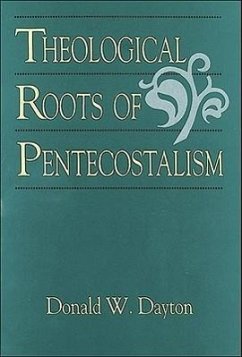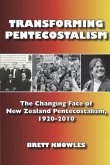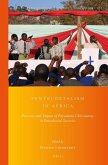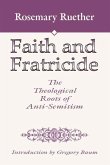Pentecostalism is one of the most dynamic forces in twentieth-century Christianity. From fast-growing denominations such as the Assemblies of God to popular television ministries such as "The 700 Club," the fruits of Pentecostalism can be seen throughout modern Christian life. In this landmark study, Donald Dayton explains how Pentecostalism grew out of Methodism and the nineteenth-century holiness revivals. He finds evidence of Wesleyan teaching in the classic writings of many Pentecostal leaders. He shows how Pentecostalism is rooted in the Wesleyan theological tradition, rather than being a contrived system of modern revivalistic ides. Martin E. Marty says in his foreword that Pentecostals "have no choice, it is clear from this book, but to see that there were . . . roots to the growth they reaped." He calls "Theological Roots of Pentecostalism" "a very important statement . . . one without which subsequent commentators on Pentecostalism are not likely to give intelligent accounts."
Hinweis: Dieser Artikel kann nur an eine deutsche Lieferadresse ausgeliefert werden.
Hinweis: Dieser Artikel kann nur an eine deutsche Lieferadresse ausgeliefert werden.








